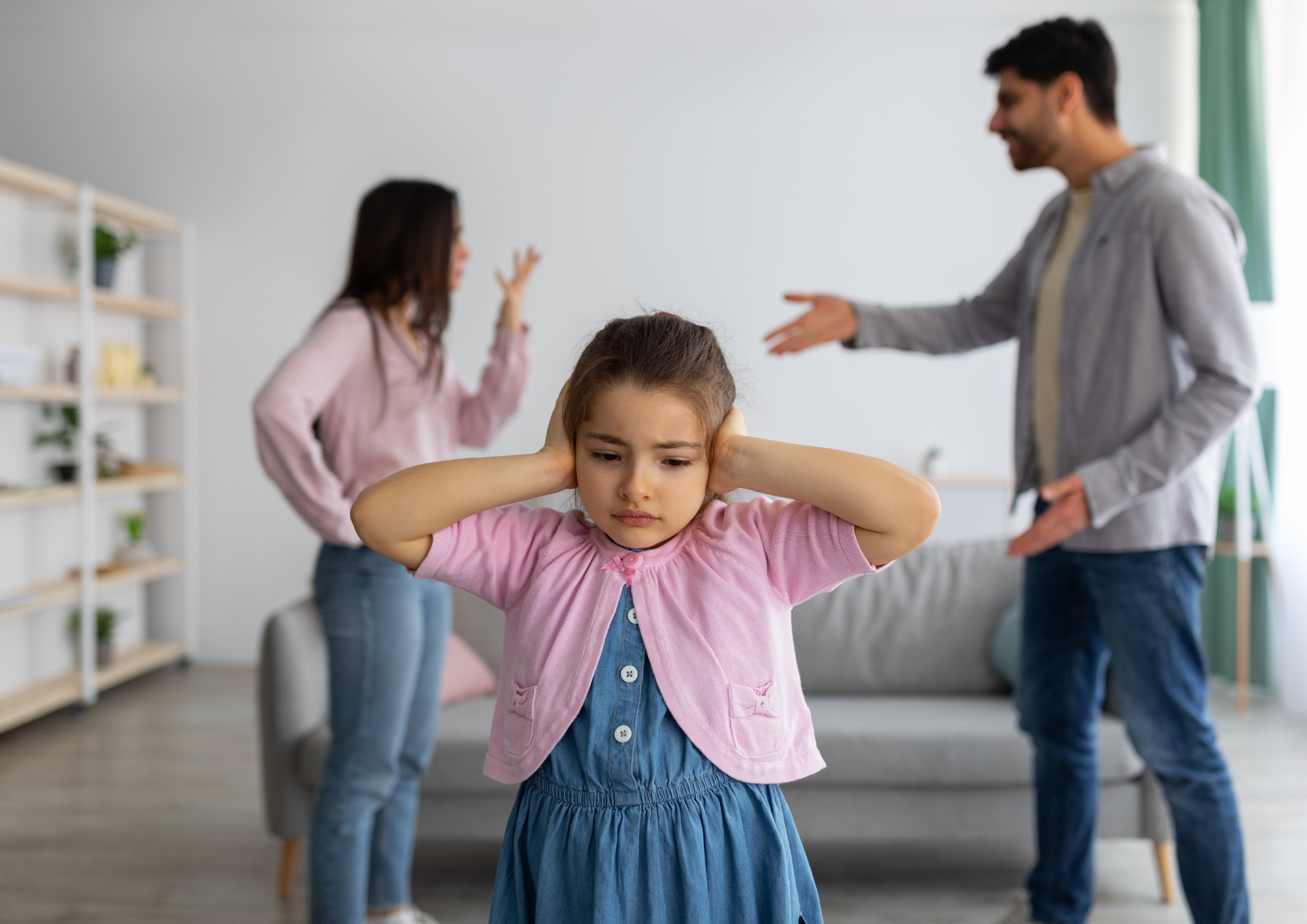What is anxiety?
Anxiety is a feeling of worry, nervousness, or unease about something with an uncertain outcome. It is a normal and often necessary human emotion that helps us respond to danger or prepare for challenging situations. However, when anxiety becomes excessive or chronic, it can interfere with daily activities, relationships, and overall quality of life.
Anxiety disorders are a group of mental health conditions that involve excessive and persistent feelings of anxiety, fear, and worry that can significantly impact a person’s functioning and well-being. These disorders include generalized anxiety, panic, social anxiety, and specific phobias.

What causes anxiety?
A combination of factors, including biological, environmental, and psychological factors, can cause anxiety. Here are some of the most common causes of anxiety:
- Genetics: Research has shown that anxiety can be hereditary, meaning that individuals with a family history of anxiety disorders may be more prone to developing anxiety themselves.
- Brain chemistry: Anxiety disorders have been linked to imbalances in certain brain chemicals, such as serotonin, dopamine, and norepinephrine.
- Environmental factors: Traumatic events, stressful life events, and ongoing stress can all contribute to the development of anxiety. Exposure to chronic stressors, such as poverty, abuse, or neglect, can also increase the risk of anxiety.
- Medical conditions: Certain medical conditions, such as thyroid disorders or heart disease, can contribute to the development of anxiety.
- Substance use: Substance use, including alcohol and drugs, can increase the risk of anxiety disorders.
- Personality traits: Certain personality traits, such as perfectionism, low self-esteem, and negative thinking patterns, can also contribute to the development of anxiety.
It’s important to note that anxiety is a complex and multifaceted condition, and different individuals may experience anxiety for various reasons. It’s also common for anxiety to have multiple contributing factors. If you’re struggling with anxiety, consult a mental health professional to determine the underlying causes and develop an appropriate treatment plan.

How can counselling therapy help with anxiety?
Counselling can help learn coping strategies, manage symptoms, and address the underlying causes of their anxiety. Here are some ways counselling can help with anxiety:
- Understanding the root causes: Counselling can help individuals understand the root causes of their anxiety, including past experiences, trauma, or negative thinking patterns. Identifying these causes can help individuals develop effective coping strategies and work through unresolved issues.
- Learning coping strategies: A counsellor can teach individuals coping strategies for managing anxiety, such as relaxation techniques, breathing exercises, and mindfulness practices. Counselling can also help individuals develop a plan for dealing with anxiety symptoms when they arise.
- Challenging negative thinking patterns: Counselling can help individuals challenge negative thinking patterns that contribute to anxiety, such as catastrophizing, overgeneralizing, and black-and-white thinking. Individuals can develop a more balanced and realistic perspective by learning to identify and challenge these patterns.
- Improving communication skills: Counselling can help individuals improve their communication skills, particularly those with social anxiety. By learning to communicate more effectively, individuals can feel more confident in social situations and reduce their anxiety.
- Providing emotional support: Finally, counselling can provide emotional support to individuals with anxiety. Having someone to talk to about their experiences, fears, and concerns can be incredibly validating and help individuals feel less alone in their struggles.

Is counselling effective for anxiety?
Counselling can be an effective treatment for anxiety, and studies have shown that it can be successful for many people. The success of counselling in treating anxiety can depend on several factors, including the severity of the anxiety, the individual’s willingness to engage in therapy, and the type of counselling approach used. Here are some examples of the success rates of counselling for anxiety:
- Cognitive-behavioural therapy (CBT): CBT is a type of counselling that focuses on changing negative thoughts and behaviours contributing to anxiety. Research has shown that CBT can be highly effective in treating anxiety disorders, with success rates ranging from 50% to 80%.
- Mindfulness-based therapies: Mindfulness-based therapies, such as mindfulness-based stress reduction (MBSR) and acceptance and commitment therapy (ACT), can effectively reduce anxiety symptoms. Studies have shown that these therapies can benefit individuals with generalized and social anxiety disorders.
- Exposure therapy: Exposure therapy is a type of counselling that involves gradually exposing individuals to feared situations or objects in a safe and controlled environment. Research has shown that exposure therapy can be highly effective for treating specific phobias, with success rates ranging from 70% to 90%.
It’s important to note that counselling may not be effective for everyone, and some individuals may require additional or alternative treatments, such as medication or alternative therapies. It’s also essential for individuals to work with a qualified and experienced mental health professional to determine the most appropriate treatment approach for their needs.









